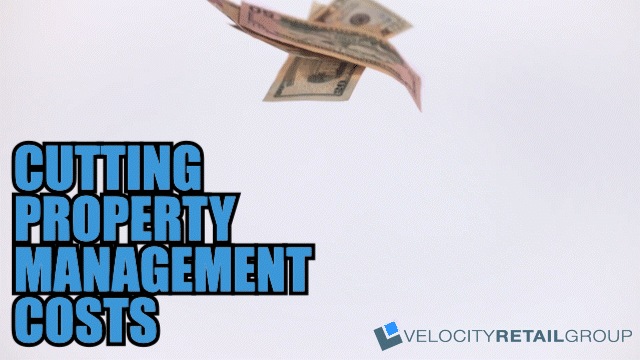In the bustling realm of commercial property management, maintenance is often the silent partner that keeps the engine running.
It’s the unsung hero that determines not just the longevity of the infrastructure, but also its profitability and appeal. Regular, diligent maintenance safeguards the asset, amplifying its value while minimizing costly repairs and potential downtime. Beyond preserving the physical edifice, it nurtures a welcoming environment for tenants, reinforcing their confidence in the premises and boosting occupancy rates. Neglecting this vital aspect can tarnish your property’s reputation and devalue your investment. Hence, understanding and implementing effective maintenance strategies is non-negotiable in successful commercial property management.
Maintenance is important in properties you manage for several reasons:
- Safety: Regular maintenance can ensure that the property is safe for tenants and visitors. For example, maintaining electrical systems and ensuring that fire safety equipment is up-to-date can help prevent accidents and injuries.
- Cost savings: Regular maintenance can help prevent costly repairs by addressing issues before they become major problems. This can help property owners save money in the long run.
- Tenant satisfaction: Maintaining the property can help keep tenants satisfied by ensuring that the property is clean, well-maintained, and functioning properly. This can increase tenant retention and reduce turnover.
- Property value: Regular maintenance can help maintain or increase the value of the property. A well-maintained property can command higher rental rates and attract more potential buyers.
- Legal compliance: Proper maintenance is often required by law, such as complying with health and safety regulations or building codes. Failure to comply can result in fines, legal liability, or other penalties.
Overall, maintenance is a critical component of property management that can help ensure the safety and satisfaction of tenants, reduce costs, increase property value, and maintain legal compliance. Property managers should prioritize regular maintenance to help protect the property and ensure a positive experience for tenants and visitors.


